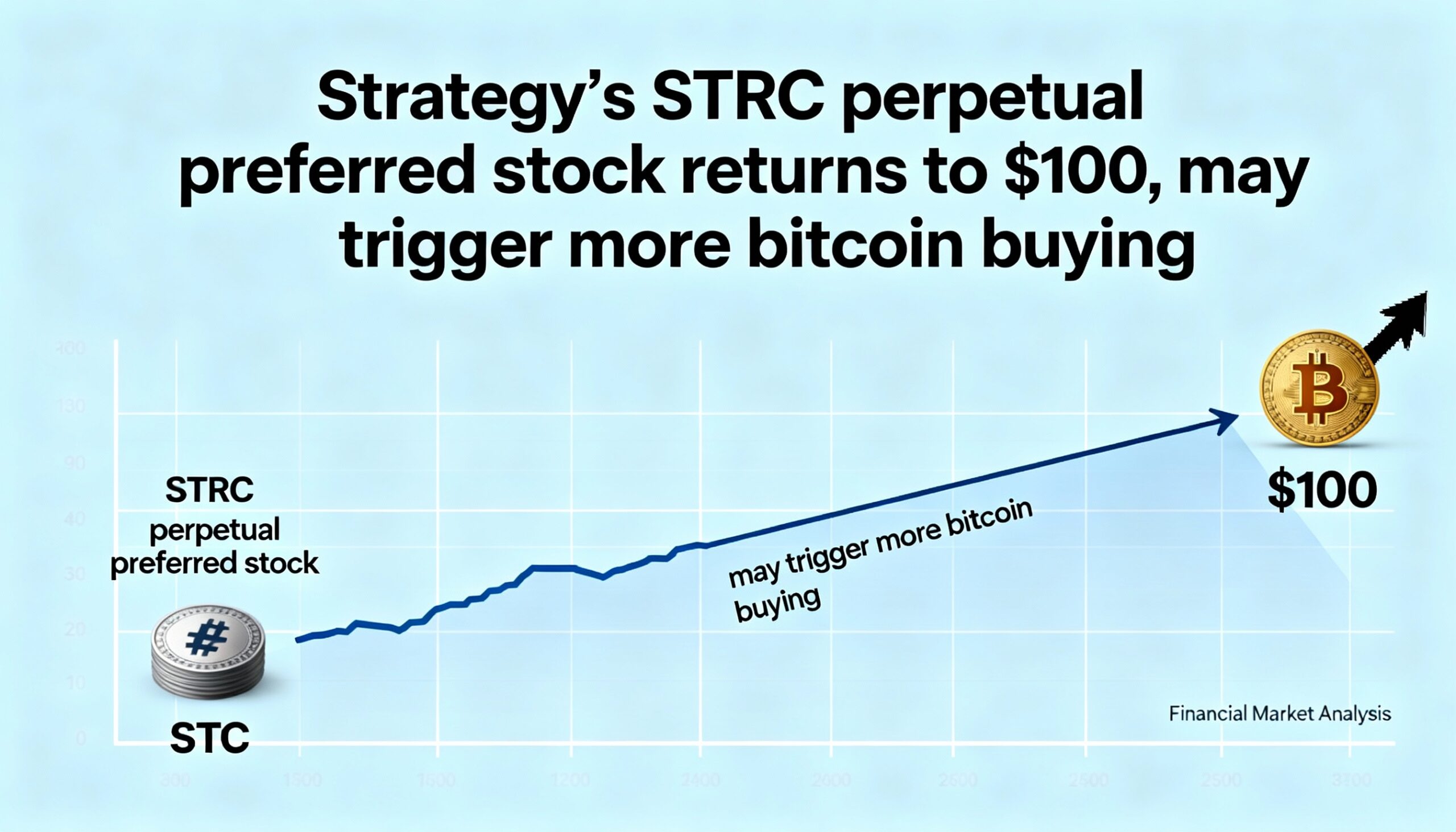Decentralized AI Agent Aubrai Debuts on Base, Merging Longevity Research with Blockchain Innovation
Aubrai, a decentralized AI agent trained on unpublished longevity data from Aubrey de Grey’s lab, has launched on the Base blockchain via Bio Protocol’s Launchpad. The initiative represents a breakthrough in combining decentralized science (DeSci), blockchain-based governance, and AI to fund and accelerate biomedical research.
Tokenizing Discovery in the Fight Against Aging
Developed in collaboration with VitaDAO, Bio Protocol, and de Grey’s LEV Foundation, Aubrai uses the AUBRAI token to give holders a stake in its research outputs. Token holders gain governance rights over experimental funding and share in the revenue from commercialized intellectual property. The model allows for direct, transparent funding of experiments, sidestepping the traditional reliance on philanthropy and slow-moving capital markets.
At the core of Aubrai’s mission is addressing the “valley of death” — the critical stage where promising discoveries often stall due to a lack of funding before reaching clinical trials.
“A chronic funding gap and over-dependence on philanthropy have long plagued longevity science,” said de Grey. “Decentralized funding models, DAOs, and mission-aligned crypto capital offer a way out by aligning long-term incentives and distributing risk.”
AI-Driven Discovery Backed by Exclusive Data
Aubrai is trained on unpublished experimental data from de Grey’s lab, granting it a unique edge in generating novel, commercially viable hypotheses. It processes experimental results into a knowledge graph, develops new hypotheses, and submits them to token holder votes for potential funding.
Once experiments are validated, findings are minted as IP tokens that can be licensed to biotech and pharmaceutical companies, with proceeds flowing back to researchers and stakeholders.
The platform is already contributing to de Grey’s Robust Mouse Rejuvenation 2 (RMR2) study, one of the largest mouse longevity experiments to date. According to de Grey, Aubrai has already recommended key methodological changes and flagged issues researchers only previously uncovered after time-intensive manual review.
“The agent has significantly accelerated our planning and problem-solving process,” de Grey noted. “It surfaced insights beyond what was available in the published literature and suggested proactive workarounds.”
A New Funding Paradigm for Science
Paul Kohlhaas, founder of Bio Protocol, likened the innovation to the creator economy: “Just as Substack allowed writers to earn independently, Bio enables scientists to build sustainable, tokenized research ecosystems.”
Still, challenges remain. Regulatory scrutiny around tokenized intellectual property and skepticism from traditional pharmaceutical firms could slow adoption. Yet for longevity science — a field often stranded between breakthroughs and clinical adoption — Aubrai offers a decentralized alternative that could change the research funding landscape.
If successful, Aubrai will not only validate DeSci as a viable scientific funding model but also showcase how blockchain and AI can be harnessed for real-world medical innovation — far beyond the world of memecoins.





